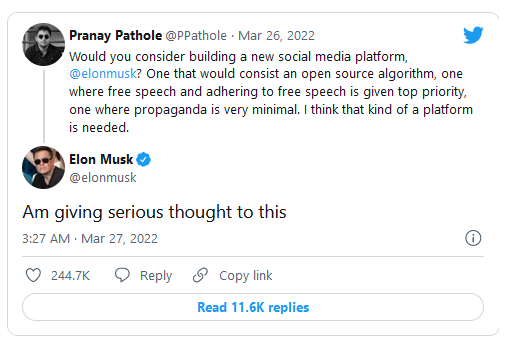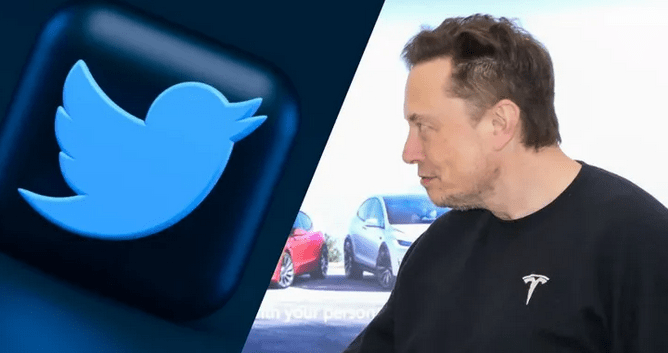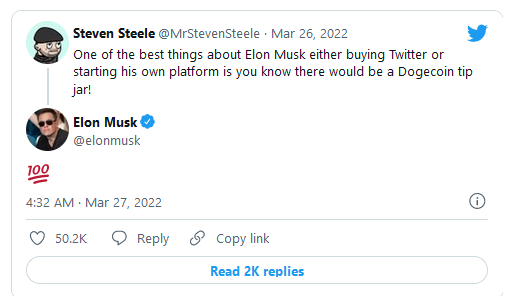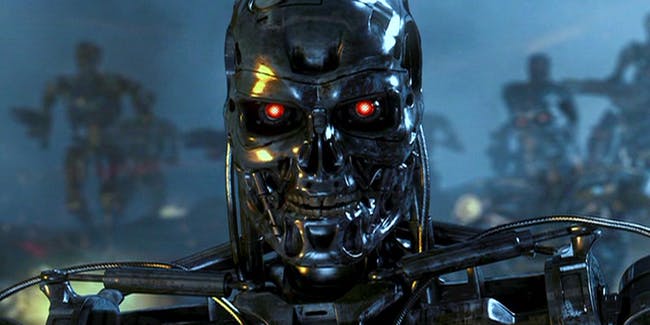By Justin Bariso
Tesla has become one of the most valuable automakers in the world, based primarily on its potential for changing the auto industry. So, it’s easy to forget that the company is also in the solar panel business, due to its 2016 acquisition of Solarcity, a company Tesla CEO Elon Musk has been heavily involved in since its inception.
Well, Musk recently announced that Tesla is ramping up installations of solar tile roofs, also known as Solarglass, with international expansion planned later this year. But it was a simple, almost unnoticed tweet by Musk last week that drew my attention, because it gave some insight into Musk’s process for creating killer products:


One simple sentence. Backed up by decades of neuroscience research.
“Please let us know what improvements we can make to any aspect of Tesla SolarGlass roof! Critical feedback is much appreciated.”
There’s a lot to be learned from the process of asking for consumer feedback, but I’d like to focus on the value a single short sentence: “Critical feedback is much appreciated.”
One simple sentence. Five words. But it’s backed up by decades of research, and it highlights a major facet of emotional intelligence: the ability to learn from negative feedback.
What’s emotional intelligence got to do with it?
Emotional intelligence is the ability to identify, understand, and manage emotions. Put more simply, it’s the ability to make emotions work for you, instead of against you.
Typically, when we get criticized, our default reaction is to do one of the following:
- Defend ourselves
- Make excuses
- Minimize the problem
- Attempt to rationalize
- Sidestep the issue
- Shift the blame
In short, when making decisions, we rely heavily on a part of the brain known as the prefrontal cortex. But when we feel triggered or under attack, a different part of the brain springs into action–the amygdala. The amygdala serves as our emotional processor, and it tends to take over when we feel we’re under attack.
This is known as an emotional hijack.
Emotional hijacks aren’t always bad. In the case of an emergency, the amygdala can provide the courage and motivation you need to defend yourself or your loved ones. But the amygdala can also cause you to act in a way you later regret. And when it comes to interpreting negative feedback, it can lead you to default to one of the above behaviors, before you even recognize what’s happening.
Now, here’s the rub: Nobody’s perfect. We all have blind spots and perspective gaps. We need negative feedback if we’re going to grow. Since most criticism is rooted in truth, it helps fill those knowledge gaps so you can improve. And even when feedback is off base, it’s still valuable–because it helps you understand the perspective of others.
All of this is what makes Musk’s invitation so excellent. By inviting the negative feedback, he puts himself in control. He frames the incoming comments, not as an attack, but as a learning experience. At the same time, he braces himself for what’s coming.
If you scroll through Musk’s “tweets and replies” tab on Twitter, you’ll find a perfect example of this: a two-way conversation between CEO and consumers. Musk uses the feedback to answer questions, clarify messaging, and even to crowdsource ideas–all as a much better way of responding to negative feedback.
Of course, Musk isn’t perfect. Over the past few years, he’s gotten himself into trouble by responding to criticism in the wrong way, also on Twitter.
But this further emphasizes the need to have a plan to deal with negative feedback. And while it would be great to always identify our triggers ahead of time, it’ll usually happen the other way around: We react to something that rubs us the wrong way and say or do something we later regret.
This is why it’s so important to understand the amygdala and how it works. It enables you to sort through your thoughts and feelings, like pieces of a puzzle. And as you begin to understand your reaction, you can train yourself to respond differently the next time.
Train yourself.
Feedback is like a freshly mined diamond. To the naked eye, it’s unattractive. But its true value becomes obvious after a little cutting and polishing. In the same way, it’s easy to see criticism as something ugly. But you can train yourself to view it differently by reframing it.
So, invite negative feedback by remembering a simple, five-word sentence:
Critical feedback is much appreciated.
And when the feedback comes, don’t view it as an attack. Rather, see it as a gift–a chance to learn.
Feature Image Credit: Getty Images
Sourced from Inc.








